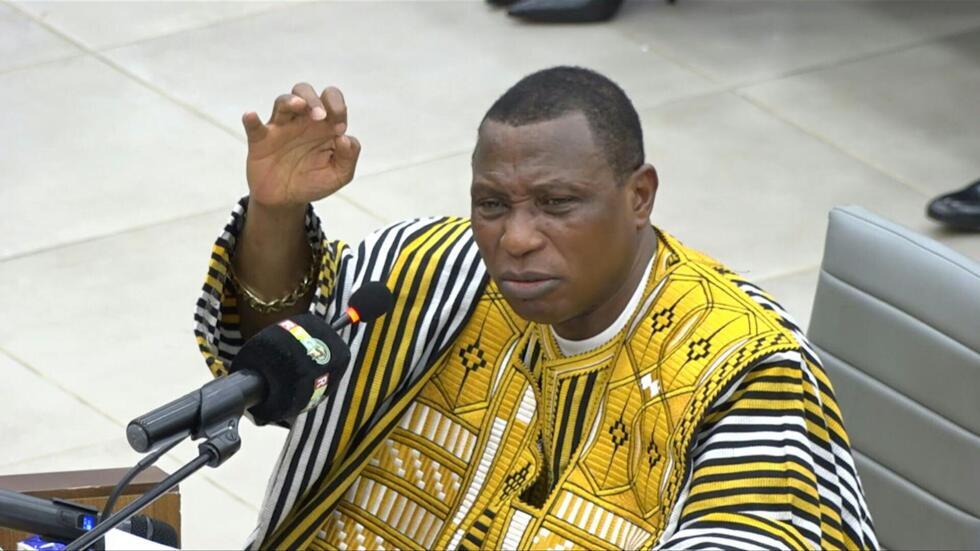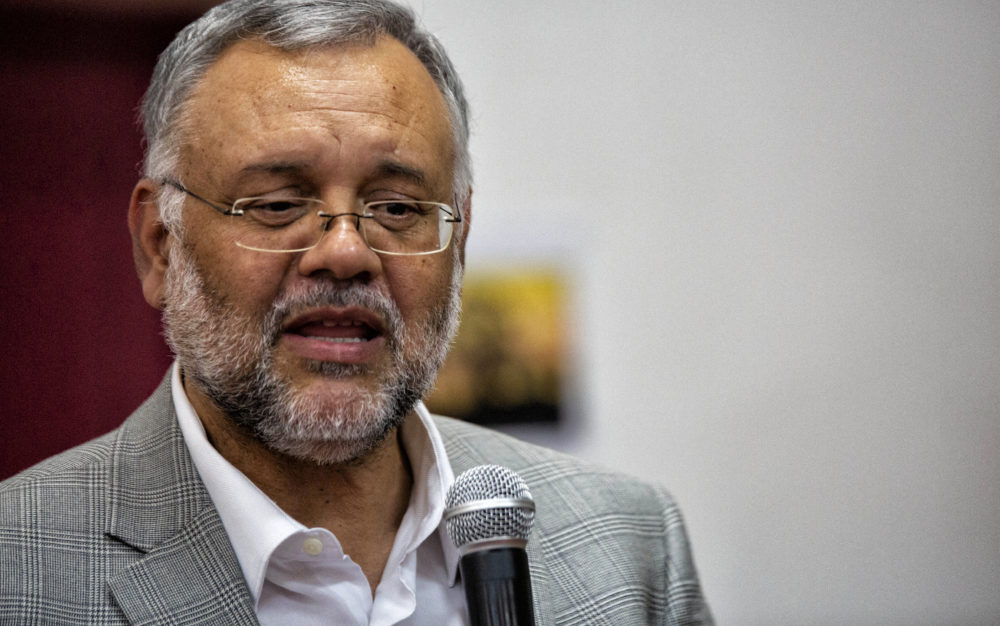HARARE – Legal experts claim that the declaration of crystal meth (mutoriro) as a dangerous drug is likely to result in unending legal battles as hundreds of people were convicted and jailed before the declaration over the past years.
On October 11, 2023, the Zimbabwe government classified methamphetamine as a dangerous drug. Prior to the declaration, there had been legal battles with lawyers arguing that crystal meth is not a scheduled drug under the Dangerous Drugs Act, yet the National Prosecuting Authority was seeking convictions for those found in possession.
The fight was whether methylenedioxymethamphetamine, whose possession is illegal under the law, is the same drug as methamphetamine. Lawyers have consistently argued the two have different chemical composition, and now the government appears to have conceded with the publishing of Statutory Instrument 167 of 2024 in which the Medicines Control Authority of Zimbabwe, in consultation with the Minister of Health and Child Care, made amendments to the Dangerous Drugs Act.
Meanwhile, several people have been convicted, jailed and others are serving various sentences based on the previous legal regime which lawyers say did not criminalise possession of methamphetamine, only methylenedioxymethamphetamine.
Legal experts say the law change will likely open floodgates of legal challenges.
Harare lawyer Paida Saurombe said: “The constitution is clear that every person has a right not to be convicted of an offence that was not an offence at the time it took place.
“Those convicted on non-offenses have a remedy to have those convictions and sentences quashed.”
Lawyer Admire Rubaya has been locked in a fierce battle with the NPA after two men he is representing were charged with possession of dangerous drugs after being arrested with methamphetamine.
Prince Samuriwo and Humphrey Banda pleaded not guilty when they appeared in court on October 2023, with Rubaya arguing that the charge was defective as the law did not list crystal meth – or its legal name methamphetamine – as a dangerous drug.
“A drug does not become a dangerous drug simply because the general populace, the NPA and politicians want it to be treated as a dangerous drug whose alleged possession is punishable in terms of the criminal law. A drug can only be dangerous in terms of the law if it is one which fits into the definition of a dangerous drug in terms of the law,” Rubaya argued.
Rubaya also made similar arguments on July 2, 2021, when he represented one Anisha Brenda Gumbo who was charged for allegedly dealing in dangerous drugs having been found in possession of 89 sachets of crystal meth.
The lawyer argued that crimes are created through statute and not by the courts merely because there is need to address the abuse of crystal meth by young people.
“The responsible minister ought to specify crystal meth as a dangerous drug in terms of section 14 of the Dangerous Drugs Act, failing which the law as it currently stands does not create a crime from the alleged possession of crystal meth or any dealings in crystal meth,” he argued then.
The government appears to have finally relented, admitting a gap in the law.
Bulawayo-based lawyer Nkosiyenzile Mpofu said: “The question now is, what will happen to the several people incarcerated over the defective law as it has been shown that before October 11, crystal meth was not listed as a dangerous drug?”
















